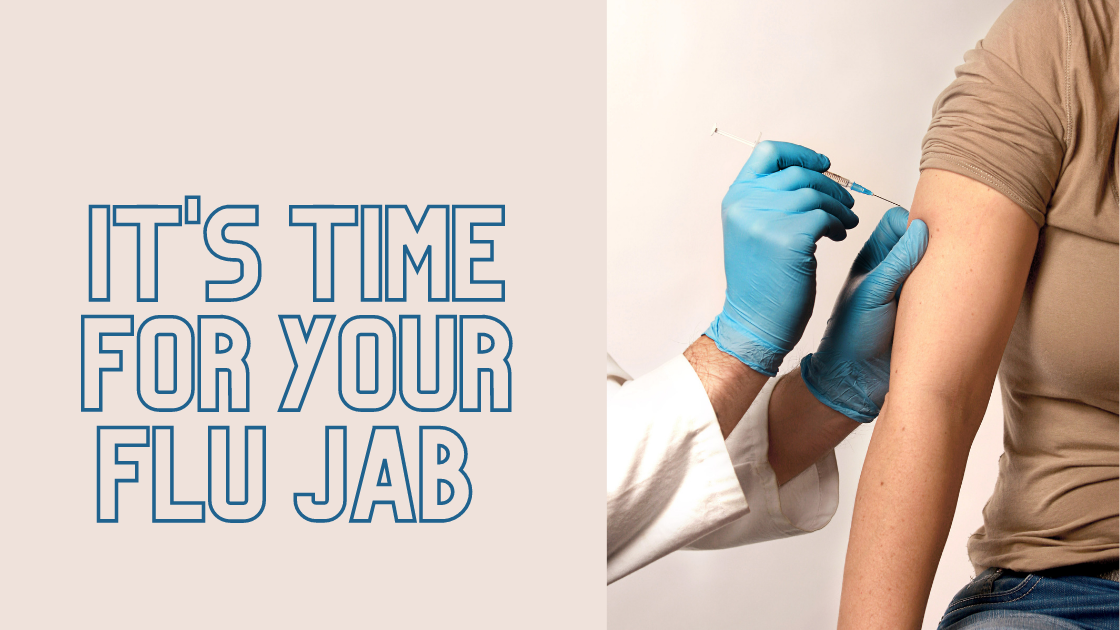Why it's important
Cervical screening is one of the best ways to protect yourself from cervical cancer.
Cervical screening is not a test for cancer, it's a test to help prevent cancer.
How cervical screening helps prevent cancer
Cervical screening checks a sample of cells from your cervix for certain types of human papillomavirus (HPV).
These types of HPV can cause abnormal changes to the cells in your cervix and are called "high risk" types of HPV.
If these types of HPV are found during screening (an HPV positive result), the sample of cells is then checked for abnormal changes. If abnormal cells are not treated, they may turn into cervical cancer.
What is HPV?
HPV is the name for a very common group of viruses.
Most people will get some type of HPV during their lives. It is very common and nothing to feel ashamed or embarrassed about.
You can get HPV from any kind of skin-to-skin contact of the genital area, not just from penetrative sex.
This includes:
- vaginal, oral or anal sex
- any skin-to-skin contact of the genital area
- sharing sex toys
Some types of HPV (called "high risk" types) can cause cervical cancer. In most cases your body will get rid of HPV without it causing any problems. But sometimes HPV can stay in your body for a long time.
If high risk types of HPV stay in your body, they can cause changes to the cells in your cervix. These changes may become cervical cancer if not treated.
If you do not have a high risk type of HPV it is very unlikely you will get cervical cancer, even if you have had abnormal cell changes in your cervix before.
Find out more about HPV https://www.nhs.uk/conditions/human-papilloma-virus-hpv/















